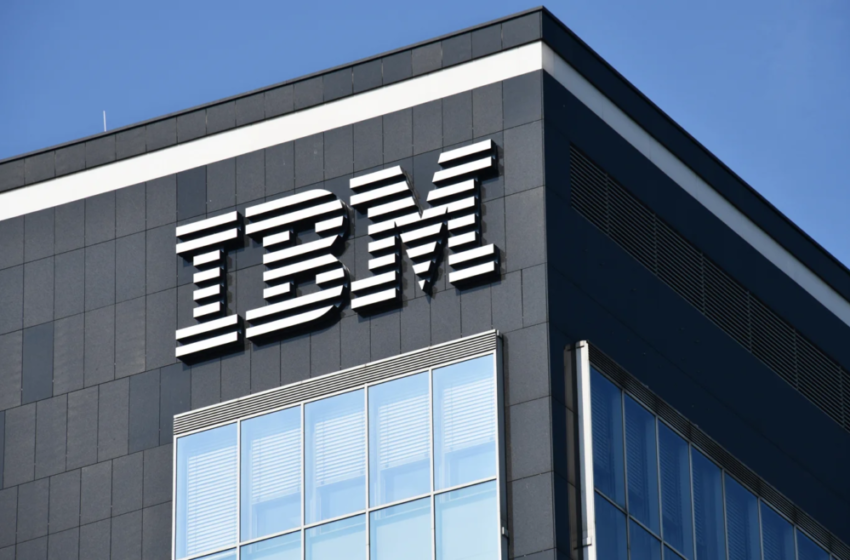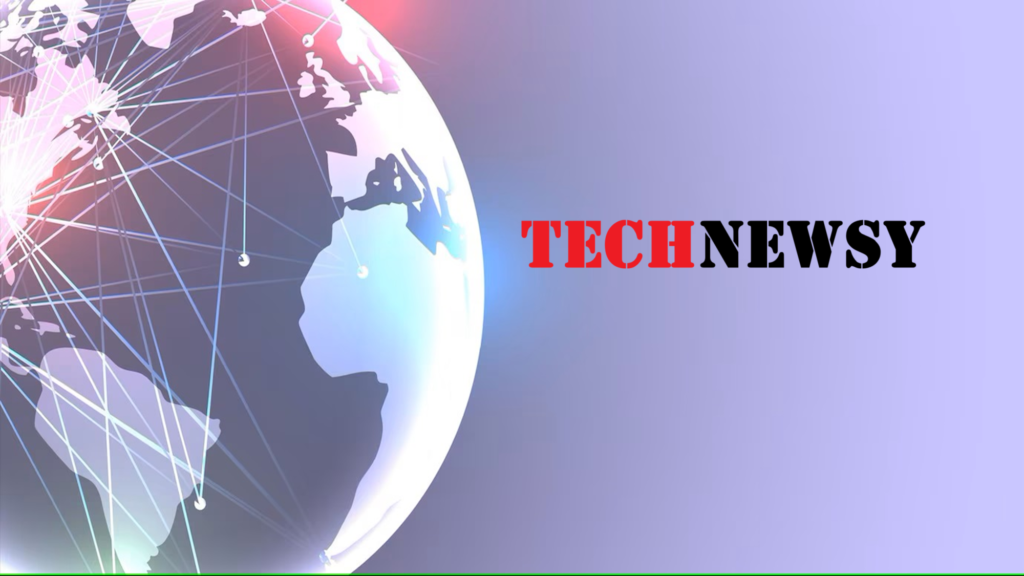IBM Expands Hybrid Cloud Offerings with $6.4 Billion HashiCorp Acquisition

Ten months after it was first announced, IBM has finally paid $6.4 billion to acquire San Francisco-based HashiCorp. With the advent of AI-driven apps that continually shift workloads and need quick scalability, the firms want to solve the increasing complexity that corporations confront when managing multicloud and hybrid cloud infrastructures.
Customers can now automate infrastructure provisioning and security management across their systems with HashiCorp’s automation tools, such Terraform and Vault, which are compatible with IBM’s hybrid cloud platform.
According to IBM, Terraform infrastructure provisioning will improve the performance of several of its products in hybrid cloud settings. These include the creation of IBM Z mainframe software and the Red Hat Ansible Automation Platform, which automates application setups and middleware deployments. Red Hat’s container-based application platform OpenShift may also be used to deploy HashiCorp Vault, a password and encryption key management solution, across hybrid clouds.
Instead of being integrated into Red Hat, IBM’s open-source company that it purchased for $34 billion in 2019, HashiCorp will function as a part of IBM Software.
Companies around the world are looking to deploy modern, hybrid cloud-ready apps, which require automated cloud infrastructure at significant scale.
– Rob Thomas, Senior Vice President, IBM Software
IBM is dedicated to investing in and expanding HashiCorp’s capabilities with this acquisition. With HashiCorp’s cutting-edge technology and large developer community, IBM’s global presence, and R&D resources, our goal is to integrate HashiCorp technology into every data center.
Armon Dadgar, Chief Technology Officer and cofounder of HashiCorp shared about development of a portfolio of products to assist customers in adopting a cloud native approach to Infrastructure and Security Lifecycle Management, which has been adopted by hundreds of thousands of organizations worldwide.
According to Gartner, SaaS and IaaS will drive the majority of the increase in public cloud end-user expenditure, which is expected to reach $723 billion globally by 2025. It is anticipated that more than 70% of businesses would be using industrial cloud platforms by 2027. Furthermore, cloud offerings are expected to become essential for businesses by 2028.
There were antitrust probes and lawsuits over the IBM-HashiCorp deal. The deal was cleared by the U.K.’s Competition and Markets Authority because it would not hurt competition. In line with the country’s new pro-innovation stance, which it hopes will bring in big tech investments, an ex-Amazon executive was recently hired as the temporary head of the CMA.
TechCrunch says that the deal was also quietly allowed by the U.S.’s Federal Trade Commission, after both antitrust probes pushed back the deal’s original end date of the end of 2024.
But these reviews aren’t the only problems IBM and HashiCorp have had since they said they were buying each other. In June, an investor in HashiCorp sued the company, saying that the IBM deal unfairly benefited the board members more than the shareholders because execs would get “golden parachutes” and be able to cash out their hard-to-sell shares. But for some reason, the suit was taken back two days later.
The deal was finalized after Terraform’s controversial relicensing. HashCorp’s stock went up 4% after the news of the sale came out, partially making up for big drops in 2023. These started when Terraform’s license was changed from the open-source Apache 2.0 license to the more restrictive Business Source license.
Some people in the open-source community didn’t like the move, so they split off the original Terraform code and made it open source. They then put OpenTofu under the control of The Linux Foundation.
But the change in the license probably helped IBM agree to the deal because it gave them more power over how to use and make money off of the technology in their own environment.
For more updates like this, check out our Cloud News.






